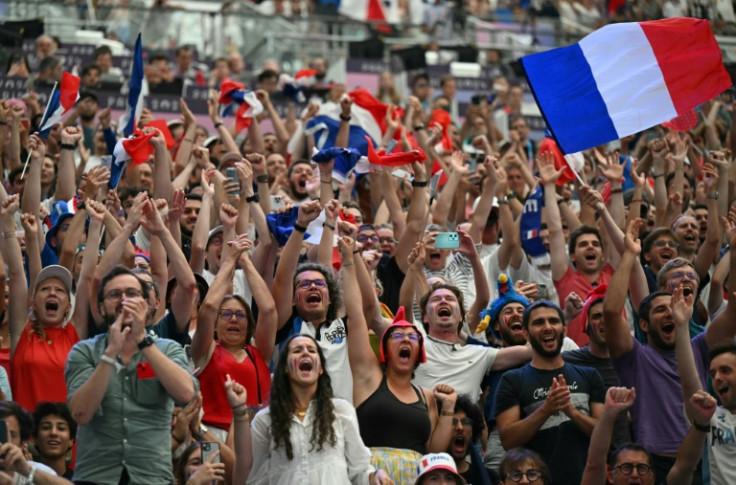France Reports Over 140 Cyberattacks Linked To Olympics

French authorities said on Tuesday that more than 140 cyberattacks were reported during the Paris Olympics, but none of them disrupted the competitions.
In the runup and throughout the Olympic Games, France's cyber security agency had been on high alert for attacks that had the potential to disrupt the organising committee, ticketing or transport.
Between July 26 and August 11, government cyber security agency Anssi recorded 119 reports corresponding to low-impact "security events" and 22 incidents in which "a malicious actor" successfully targeted a victim's information system.
The attacks mainly targeted government entities as well as sports, transport and telecoms infrastructure, the agency said.
According to Anssi, a third of those were downtime incidents, half of which were due to denial-of-service attacks designed to overwhelm servers.
The other cyber incidents were related to attempted or actual compromises and data disclosure, among others.
"All the cyber events that occurred during this period were generally characterised by their low impact", said Anssi.
The Grand Palais, which hosted Olympic events in Paris, and around 40 other museums in France were victims of a ransomware attack in early August, but this did not affect any of the information systems involved in the games, according to Anssi.
Ransomware exploits security flaws to encrypt and block computer systems, demanding a ransom from a user or an organisation to unlock them.
During the pandemic-delayed Tokyo Olympics held in 2021, organisers reported 450 million such operations, twice as many as during the 2012 London Olympics.
Ahead of the Paris Olympics, Marie-Rose Bruno, director of technology and information systems for the Paris Games, had said he expected "eight to 10 times more" cyber attacks than those seen at the Games in Tokyo.
© Copyright AFP 2025. All rights reserved.





















